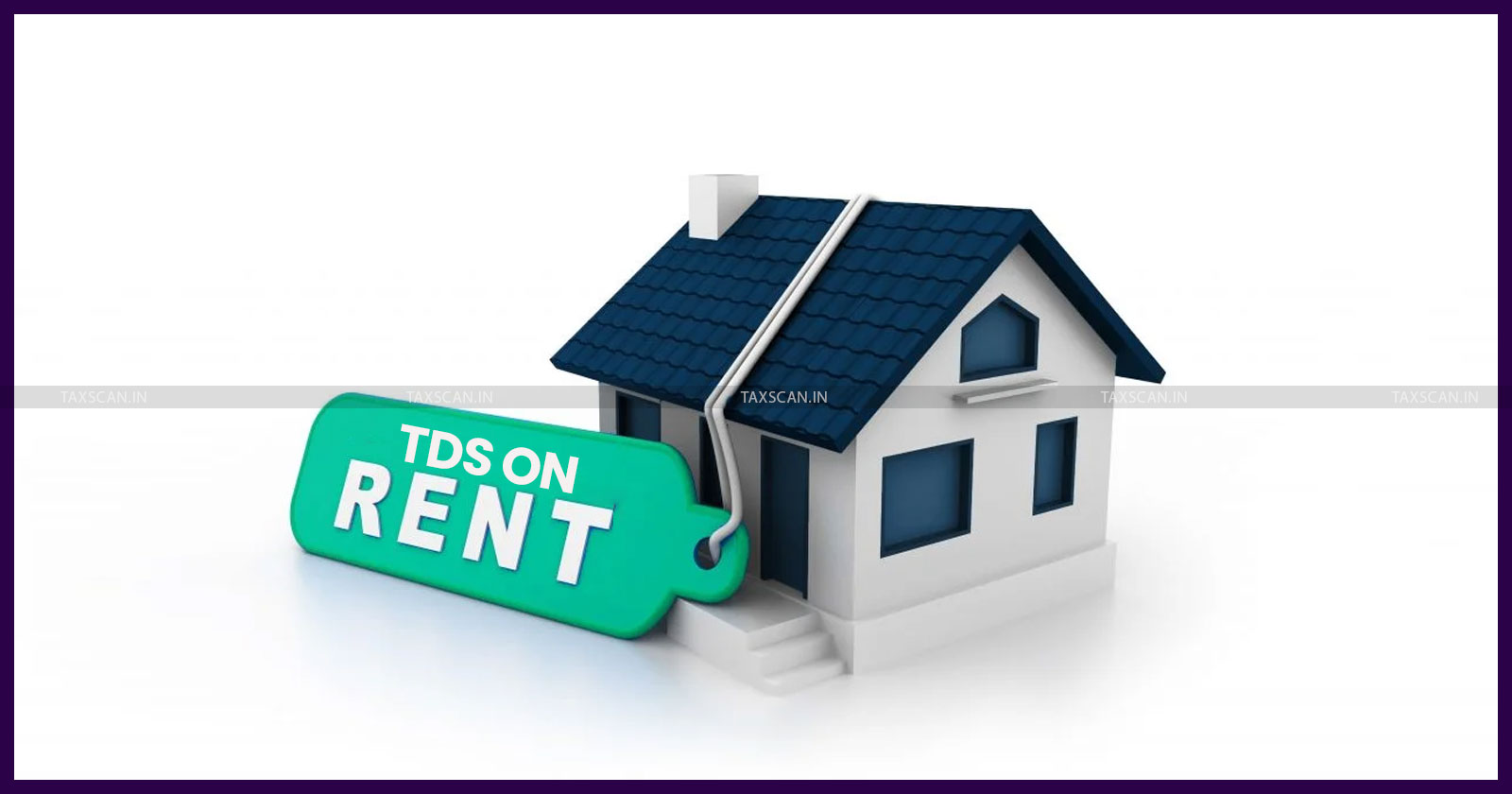Income Tax Dept Cracks Down on Tenants for Not Deducting TDS on High-Value Rent Payments
The Income Tax Department has issued notices to tenants who failed to deduct TDS on monthly rent payments of Rs. 50,000 or more, citing non-compliance with tax regulations.

The Income Tax Department has issued a fresh round of notices to taxpayers across India for failing to deduct Tax Deducted at Source (TDS) on monthly rent payments of Rs. 50,000 or more, as mandated under the Income Tax Act. These notices are linked to discrepancies in returns for Assessment Years 2023–24 and 2024–25, especially where House Rent Allowance (HRA) was claimed without complying with TDS obligations.
Despite being regular with rent payments and filing returns, many salaried individuals are being caught off guard. The reason? A lesser-known rule under Section 194-IB of the Income Tax Act requires individuals and Hindu Undivided Families (HUFs) who are not subject to tax audit to deduct TDS on rent payments exceeding Rs. 50,000 per month.
TDS Mistakes Cost You More Than You Think – Stay Compliant with This Handbook! Click here
What the Law Says
Section 194-IB, introduced in 2017, makes it compulsory for tenants to deduct TDS at 5% on monthly rent above Rs. 50,000, even if they are not running a business or subject to tax audit. In a recent amendment, the government has reduced the TDS rate from 5% to 2%, applicable from October 1, 2024. The provision applies to all individual tenants, including salaried persons, who rent residential property for personal or official purposes.
Think You Know TDS & TCS? This Guide Might Prove You Wrong: Click Here
Tax expert Abhishek Murali, President of the All India Taxpayers’ Association, explained to The Hindu, “The tenant is required to deduct the TDS and deposit it with the Income Tax Department, using Form 26QC, and issue Form 16C to the landlord as proof. Even if your employer is giving you HRA exemption, the TDS on rent remains your personal responsibility.”
Failure to deduct and deposit TDS makes the tenant an “assessee in default,” which can result in interest and penalties. Interest may be levied at 1% per month, and late filing fees under Section 234E can add Rs. 200 per day, up to the total TDS amount. Over time, these penalties can exceed Rs. 70,000, even for a moderate delay.
Think You Know TDS & TCS? This Guide Might Prove You Wrong: Click Here
What Triggers the Notice?
Many of the current notices have been generated by the Income Tax Department’s automated systems, which flag mismatches between:
- Rent paid and HRA claimed, and
- Lack of corresponding TDS filings under Section 194-IB.
If rent payments above Rs. 50,000 are reported in the return but no TDS deduction is recorded, the system marks it as non-compliant.
Online platform Efiletax recently warned users about this oversight, explaining that even if the total rent for the year is under Rs. 6 lakh, the monthly rent amount determines TDS liability, not the amount of HRA claimed. For example, if a tenant pays Rs. 55,000 a month (Rs. 6.6 lakh annually), they are liable to deduct TDS of Rs. 33,000 for the year.
What Tenants Should Do
- Deduct 2% TDS (from Oct 2024) or 5% before that in the last month of the financial year or tenancy.
- File Form 26QC (TDS statement for rent).
- Issue Form 16C (TDS certificate) to the landlord.
- Maintain proper documentation of rent agreements and proof of payments.
Tenants must also be aware that even if the landlord has already paid tax on the rental income, the onus of TDS still remains unless the tenant submits Form 26A, certified by a chartered accountant, through the TRACES portal. This form helps avoid being considered in default, although interest may still apply, even if penalties are waived.
Think You Know TDS & TCS? This Guide Might Prove You Wrong: Click Here
One exemption applies where multiple landlords are involved, and no single landlord receives Rs. 50,000 or more per month, provided the tenant maintains records proving the split payments.
Read More: New 30-Day E-Invoice Rule from April 1, 2025: What Businesses Need to Know
TDS on Rent vs. HRA: A Common Confusion
Many salaried individuals wrongly assume that claiming HRA exemption makes them exempt from TDS obligations. However, the Income Tax Department treats these separately. HRA is a deduction from salary income, while TDS on rent is a compliance responsibility under separate provisions. Not linking the two correctly can result in tax notices and compliance issues.
Secrets of HUF Formation & Taxation – Strengthen Your Legacy Today! Click here
Recent Changes to TDS on Rent
As per Section 194-IB, any individual or Hindu Undivided Family (HUF) who is not required to get their accounts audited must deduct TDS if they are paying monthly rent over Rs. 50,000 to a resident. This rule applies even to salaried individuals. The TDS rate was earlier 5%, but it has been reduced to 2% with effect from October 1, 2024.
Support our journalism by subscribing to Taxscan premium. Follow us on Telegram for quick updates


